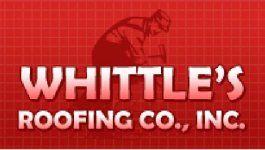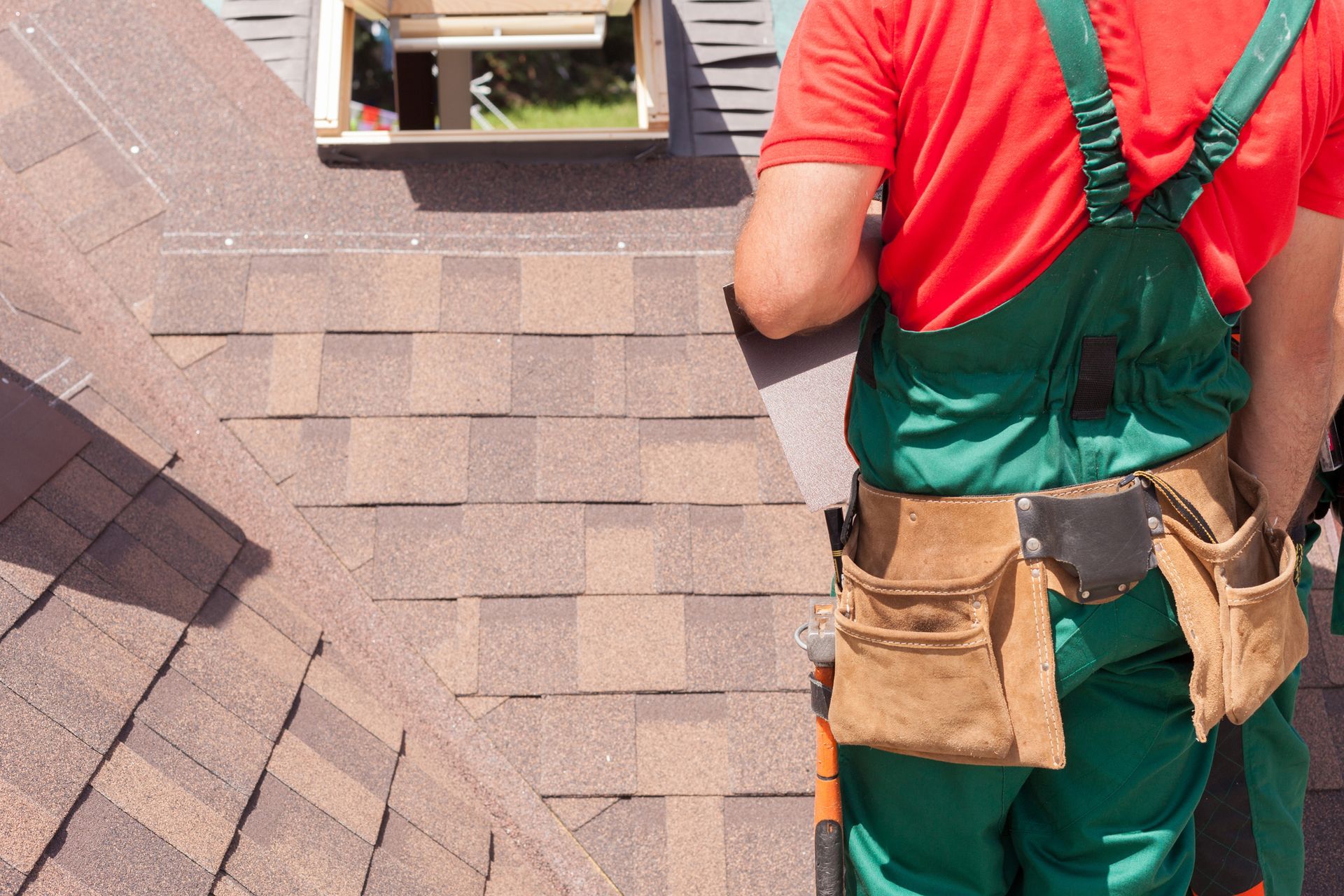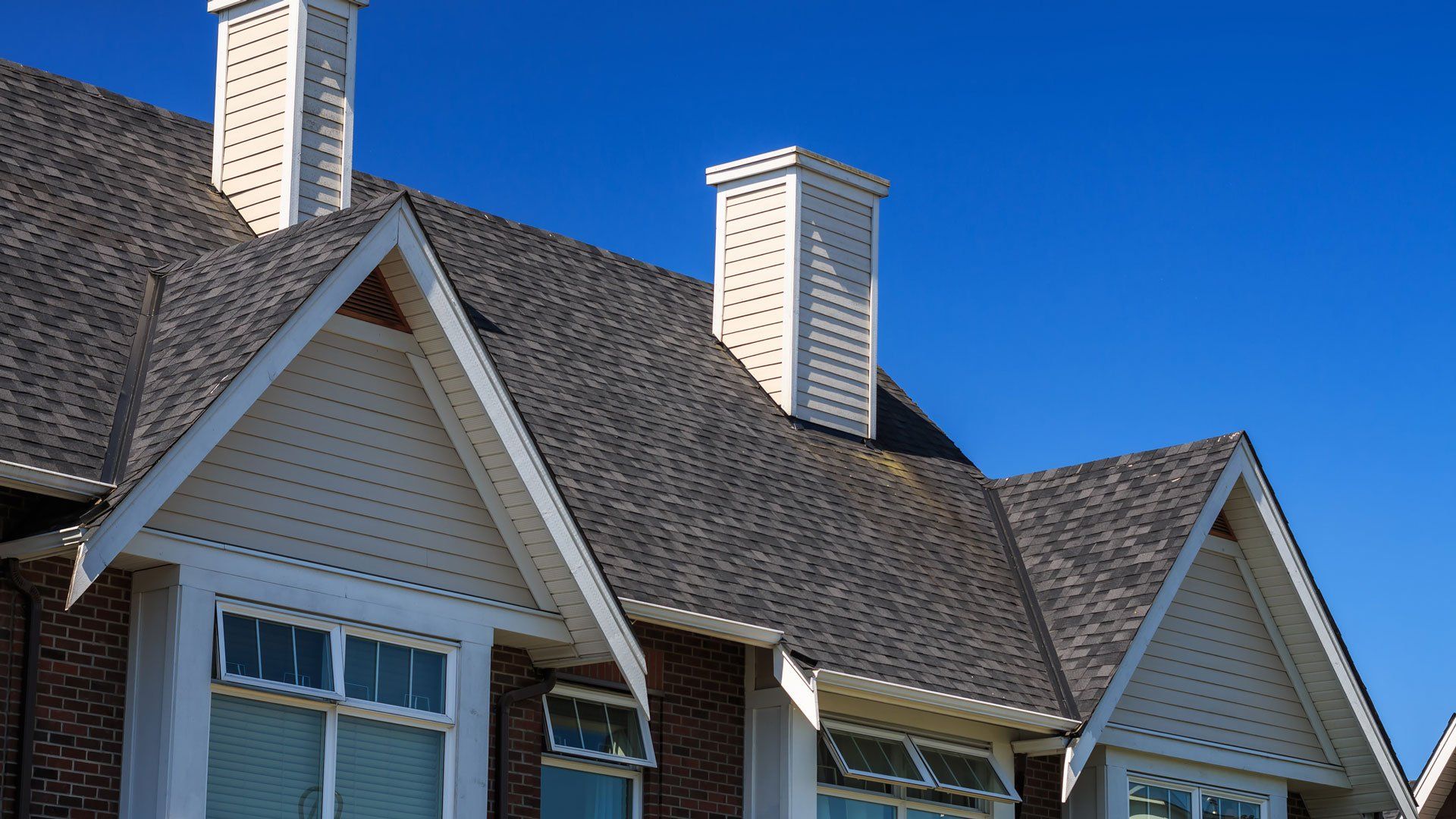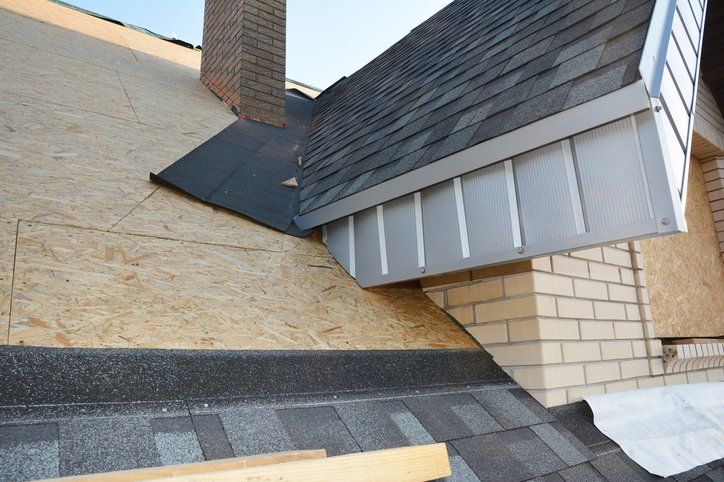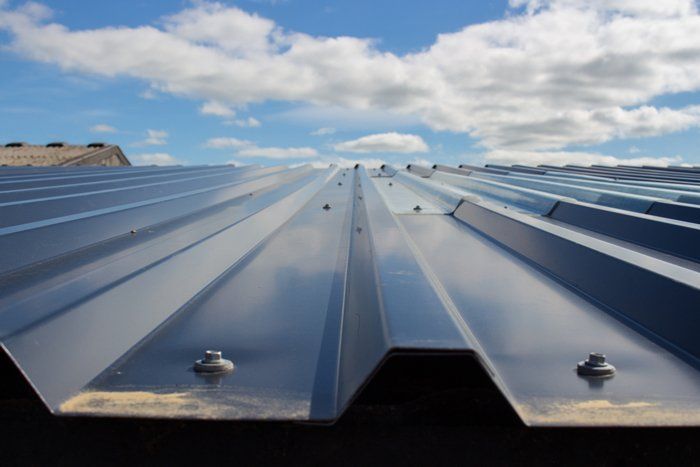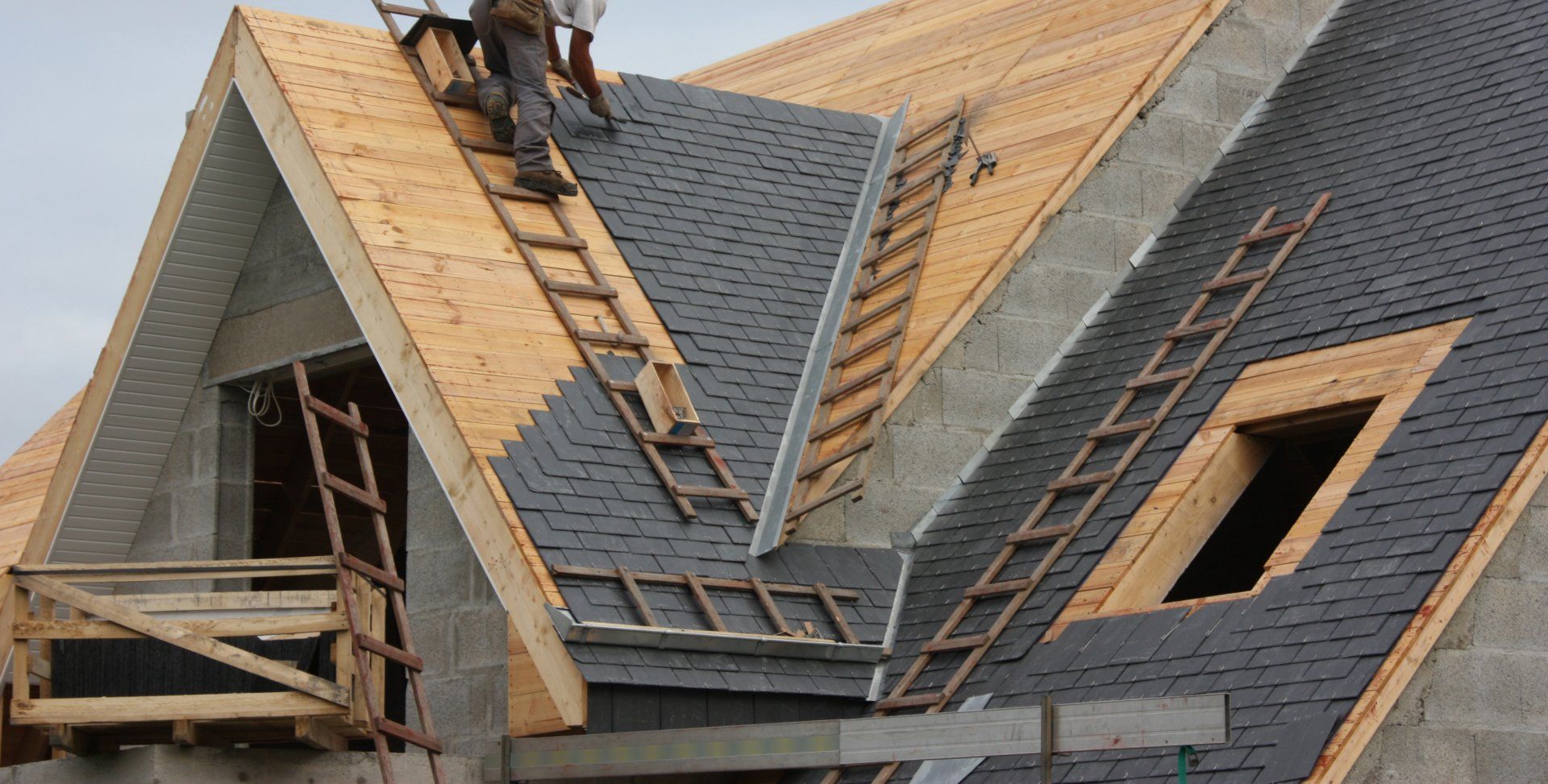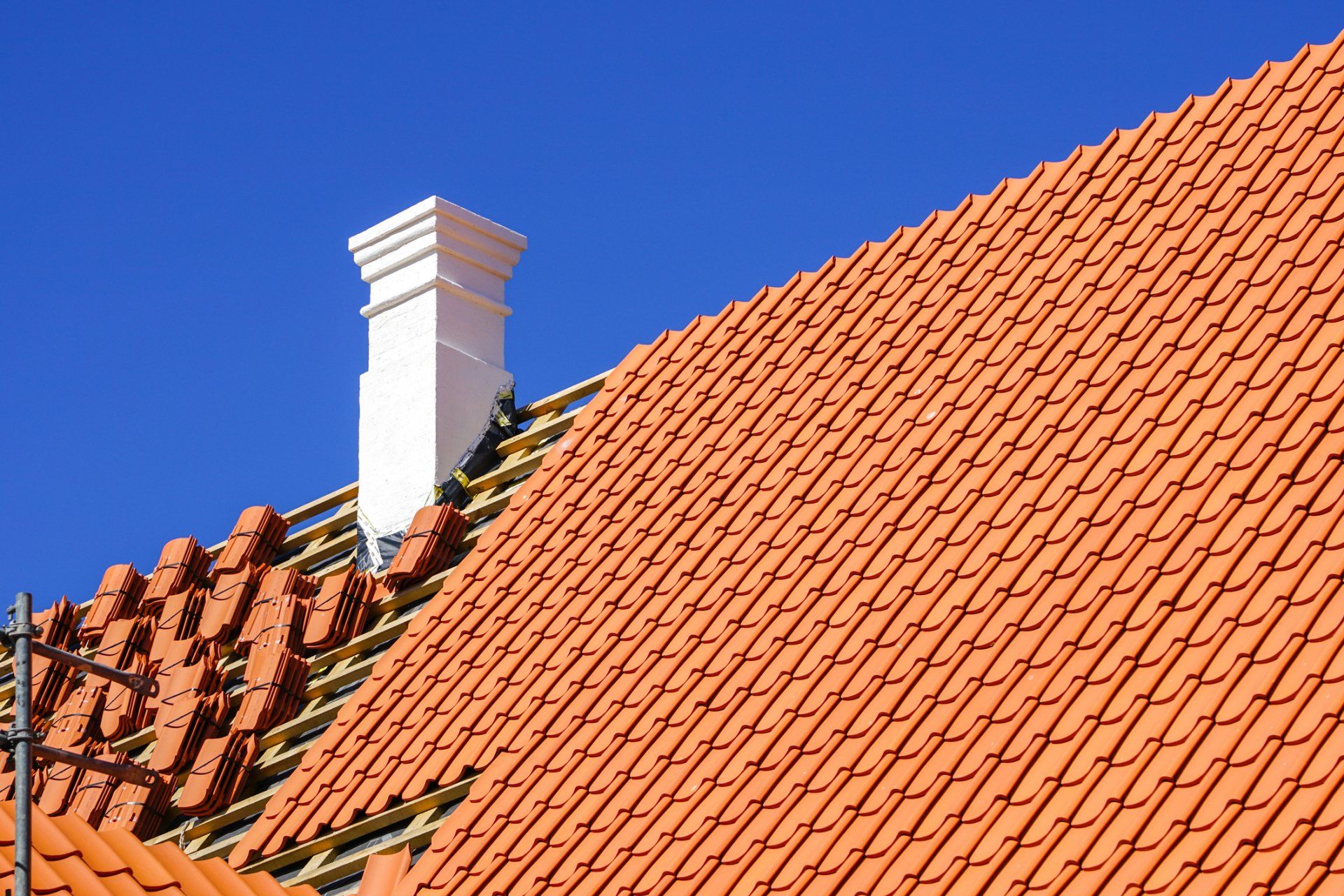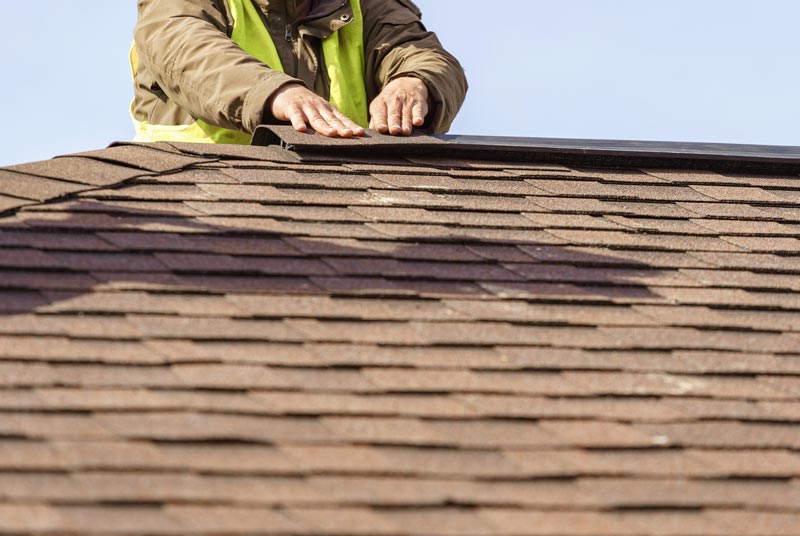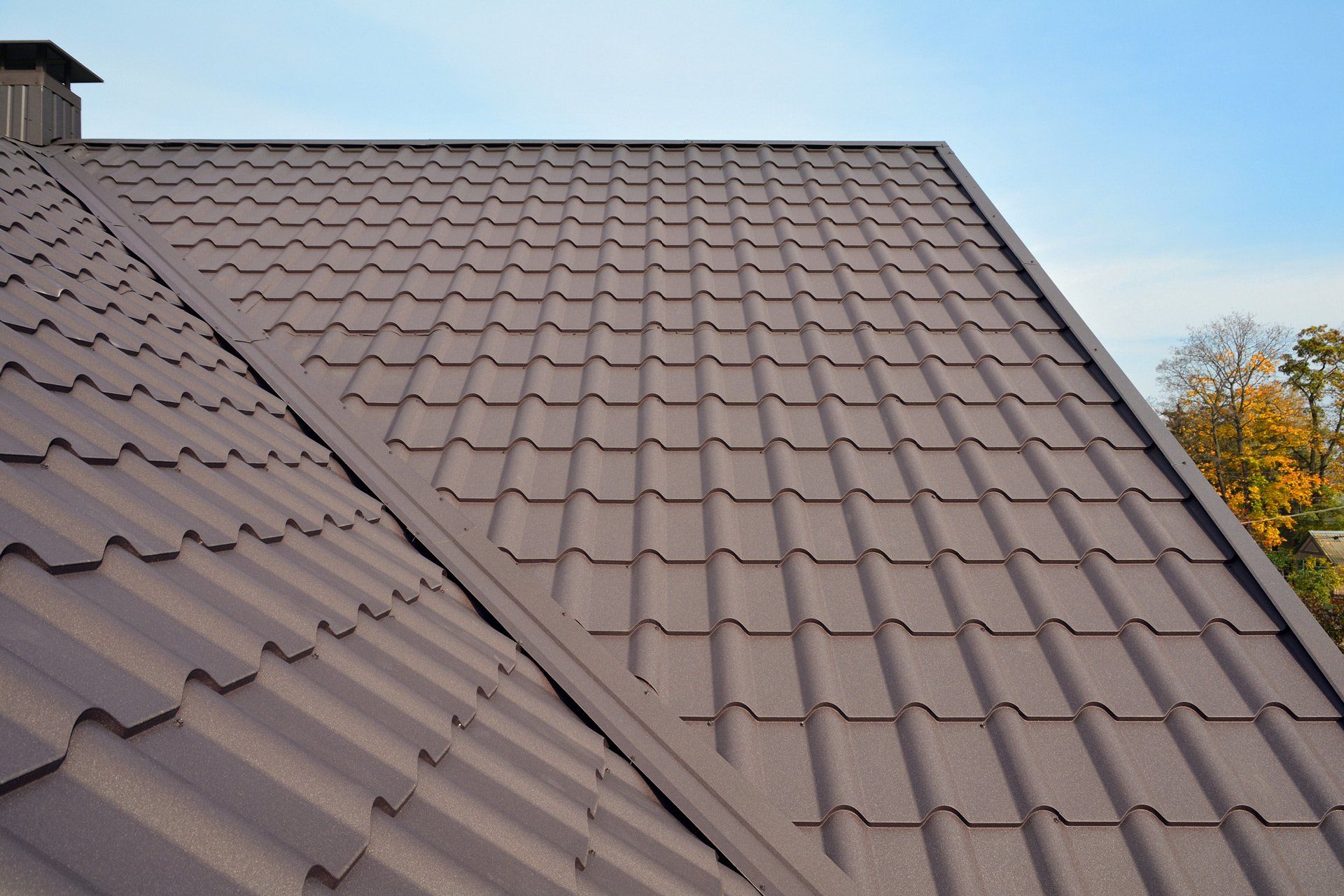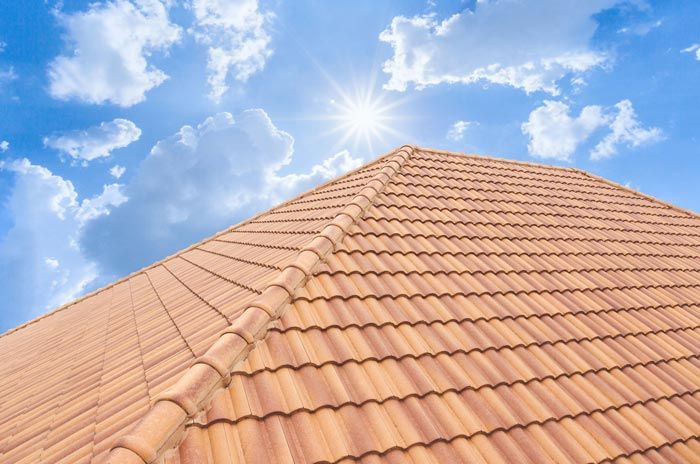3 Metal Roof Myths - Read Blog
websitebuilder • July 16, 2020

If you want to replace the roof of your Florida home, then you want to choose a quality roof material that not only protects your home from the outdoor elements well but also helps keep your home cool as the Florida sun beats down on it.
While metal roofs are great options for most Florida homeowners, many people decide against this roof type due to metal roof myths that make it sound like an undesirable roof option.
Read on to learn about three metal roof myths and the truth behind them.
1. Metal Roofs Rust and Corrode Easily
Many homeowners believe the misconception that metal roofs rust and corrode easily when exposed to rain and humidity. In addition, homeowners who live along the Florida coast might worry about metal roof deterioration due to saltwater corrosion. However, not all metals rust, and metal roofs are often created with rust- and corrosion-resistant metals.
The two most popular metal types in the metal roofing industry include aluminum and galvanized steel. Aluminum cannot rust, because it contains little to no iron. Rust develops as the iron in a metal that contains it oxidizes.
Galvanized steel is from coating carbon steel with one or more layers of zinc. While traditional carbon steel does contain iron and can rust, the zinc coating on galvanized steel is rust-proof and protects the steel underneath it from moisture that could cause it to rust.
While both types of roofs are resistant to saltwater corrosion, aluminum roofs are better options for coastal homes. If the zinc layer that covers a galvanized steel roof becomes scratched and the carbon steel underneath is exposed, this metal can begin to corrode with exposure to moisture and salt.
2. Metal Roofs Are Easily Damaged by Hail
Another common metal roof myth is that these roofs are easily damaged by hail. Metal roofing is one of the most impact-resistant roof options on the market, and metal roofs are highly resistant to hail damage when properly designed.
While hail of small to average size rarely impacts metal roofing at all, some metal roofs can develop small dents where larger hailstones hit the roof during a hailstorm. Roofs with more malleable metals, such as aluminum or copper, are more prone to denting than roofs made from stiffer metals. However, these small dents are typically cosmetic in nature and do not affect your roof's performance at all.
Other roof types that are less impact-resistant, such as clay tiles and wood shakes, can develop extensive damage or even break or puncture completely when hit with these larger hailstones.
If you would like a metal roof that is as dent-resistant as possible, choose a roof with a harder metal, such as galvanized steel, instead of one with a more malleable metal. In addition, install a solid deck under the metal panels to prevent much of the metal flex needed for a metal roof to develop a dent when large hail hits it.
3. Metal Roofs Heat Up Your Home in the Summer
Another metal roof myth is that these roofs become very hot in the summer and then pass this heat into the home's air. This myth stems from the fact that metal is a good conductor of heat, which is why it is often used to create cookware.
Metal roofs reflect much of the sun's heat instead of absorbing it, then pass little of this heat into the home. In fact, the average metal roof stays about 100 degrees F
cooler than the average asphalt shingle roof. Some homeowners find that they use about 50 percent less energy to cool a home equipped with a metal roof than they need to use to cool a home equipped with a different roof type.
Now that you know the truth behind the metal roof myths you may have heard, you can understand how metal roofs are great roof options for almost any home in the Sunshine State. Contact the roofing experts at Whittle's Roofing Co., Inc., to discuss new metal roof installation
today.
Every homeowner needs to fully understand all the parts of their roof. Learn about four important features so you can protect your roof.
